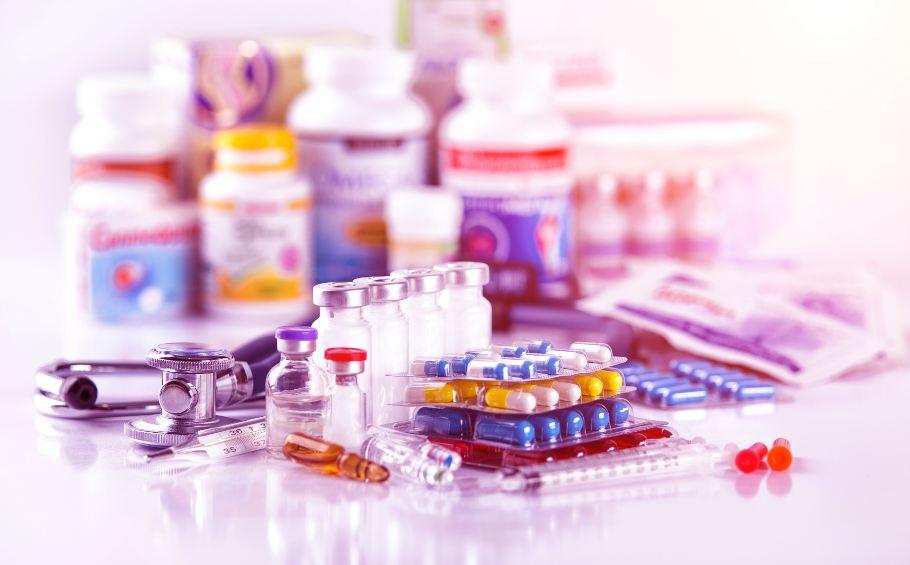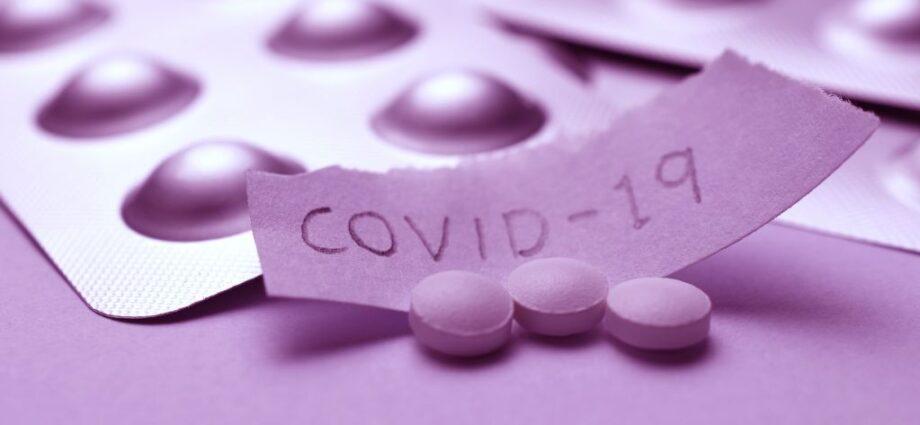COVID-19 caused drug shortages all over the world. There are high demands for specific medicines, but the supplies are now lacking. As a result, pharmacies have imposed policy changes that enact quantity limits for in-demand drugs.
Drug shortage has been an ongoing issue for the medical community since the pandemic started. Some manufacturers already closed their factories because of the increasing number of coronavirus cases, which led to the shortage of medical supplies.
Here are some of the medicines that are lacking in supply during COVID-19:
Dehydrated Alcohol Injection
Dehydrated alcohol injections are commonly used to relieve chronic pain in patients with inoperable cancer. Some doctors also use it for people with angina pectoris and glossopharyngeal neuralgia. The dosage per administration ranges from 0.05 to 0.5 ml, depending on the case.
With coronavirus cases rising, this injectable drug seems to have a shortage in supply in the market. Through reliable sources, you can obtain more information on this topic.
Dexamethasone Sodium Phosphate Injection
Dexamethasone is a steroid used to treat medical conditions like asthma, rheumatoid arthritis, immune system disorders, cancer, and breathing problems. It belongs to the class of drugs called corticosteroids. The commonly used form is injecting the medicine into the body for faster response, especially for patients with severe conditions.
It has been reported that there’s a shortage of dexamethasone due to COVID-19. It’s because this drug could help reduce the deaths of hospitalized patients with COVID-19 severe complications. Dexamethasone vaccine is recommended to be used by individuals with confirmed SARS-CoV2 virus. People with known contact with confirmed cases can also receive this medication.

Albuterol Sulfate Inhalers
Albuterol is also known as salbutamol. It’s used to treat shortness of breath and wheezing caused by asthma, pulmonary diseases, and other breathing problems. It’s a fast-acting medication that belongs to the group of drugs known as bronchodilators. This medicine works by letting the muscle located around the airways relax to make breathing easier.
Shortness of breath is the most common symptom of COVID-19. It’s as if you couldn’t get enough air circulation into your lungs. It usually occurs just a few days after contracting the virus. However, some individuals don’t develop this symptom at all.
Furosemide Injection
Furosemide syringe is also known as a diuretic or ‘water pills.’ When injected into your body, it helps get rid of the excess water by making you urinate more than usual. Removing extra water helps decrease the strain on your blood vessels and heart. Thereby, it reduces the risk of stroke, heart attack, and high blood pressure.
The furosemide injection is used for mechanically ventilated and intubated coronavirus patients. This drug can also be administered by a nebule or saline. Its dosage is based on an individual’s age and medical condition. For children, it’ll depend on their weight.
Azithromycin Injection And Tablets
Azithromycin is an antibiotic that’s used to treat various bacterial infections. It’s commonly used to cure female pelvic infections and pneumonia by stopping bacterial growth. It’s administered through injection once daily, as directed by your attending physician.
Most coronavirus patients have cough, fever, and shortness of breath as their common symptoms. However, those with severe conditions get pneumonia in both of their lungs. It’s a serious illness that can lead to death. Today, azithromycin is used to help fight pneumonia for these patients.
Sodium Chloride IV Bags
Sodium chloride solution is commonly used to supply salt and water to the body. It’s administered through IV and can be mixed with other medicines injected into your vein. When you’re confined in a hospital, this solution is the source of your water and electrolytes.
Saltwater solution or sodium chloride can help reduce symptoms and progression of coronavirus. Apart from intravenous administration of this solution, gargling with salt water can help relieve cough and clearing their nose with the same solution can aid in nasal congestion.
Dobutamine Injection
Dobutamine is a drug for improving the blood flow as it helps the heart pump better than usual. It’s given through a patient’s IV for a faster effect. This drug is also used short-term to cure cardiac decompensation caused by a weakened heart muscle.
COVID-19 patients with severe symptoms are given dobutamine as some of them suffer from cardiac complications associated with the virus. Some side effects of this drug are increased heart rate, nausea, and swelling on the vaccination site. Don’t hesitate to call your doctor if other side effects bother you.
Final Thoughts
As the number of COVID-19 cases continues to grow, the demand for medicine increases which leads to a lack of drug supply. The healt care system is now requesting to increase the number of medicines as the government coordinates with manufacturers to provide the needed drugs.
From dexamethasone to dobutamine, these are just some of the most used medicines to help treat coronavirus-infected individuals. With what’s happening globally, measures must be taken to ensure better supply and system will be given to patients in this moment of crisis.
